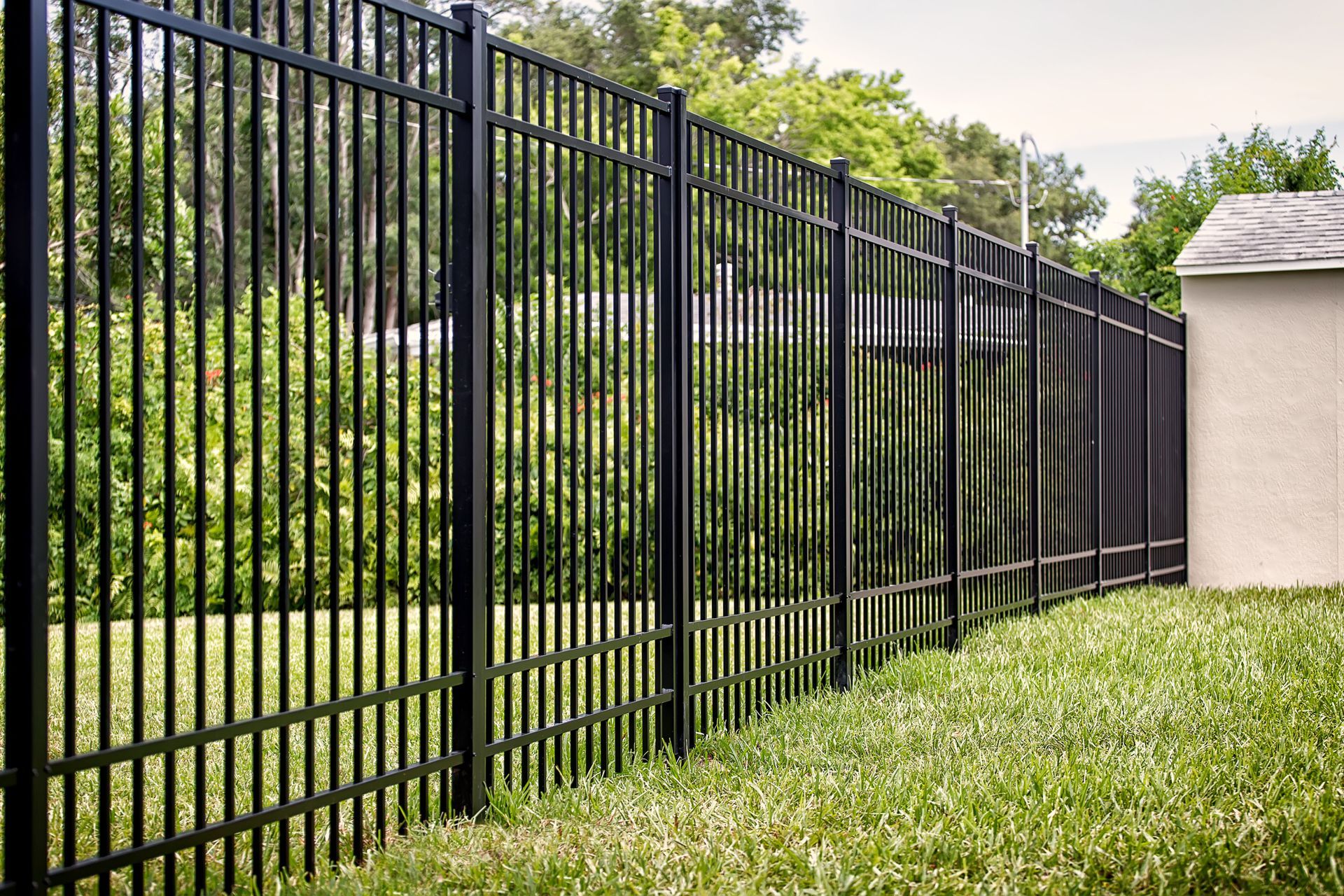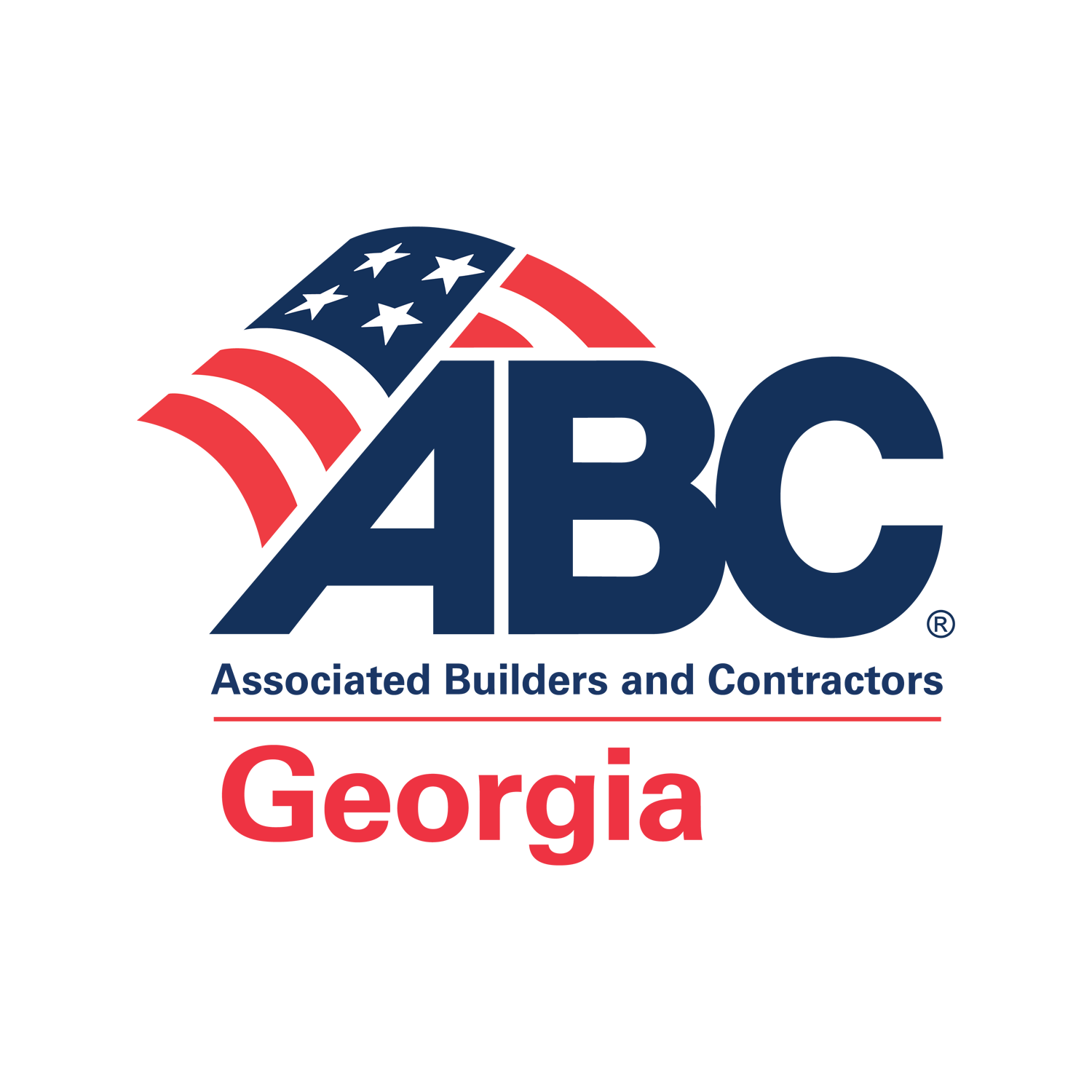When planning a new fence installation around your property, several crucial factors can make or break the success of your project. Fencing not only adds aesthetic appeal but also enhances privacy and security. However, diving into such a task without proper planning or knowing how to collaborate with fence contractors can lead to unnecessary expenditures or unsatisfactory results. Here are some key elements to evaluate before proceeding with a fence installation.
1. The Purpose of Your Fence
The first factor to consider is the purpose of your fence. Do you need it for privacy, to enhance your landscape, or for security reasons? Understanding the primary functionality will guide your choice in materials and design. A fence intended for privacy may require taller panels and more durable materials, whereas a decorative fence might focus more on aesthetic appeal. Engaging with a professional to align your ideal fence with its purpose can prove beneficial, ensuring you meet all your requirements without compromising style.
2. Your Fence Installation Budget
Budgeting is another critical aspect that cannot be overlooked. Fencing costs can vary widely depending on the installation's material, length, and complexity. According to Bob Vila, an online home improvement resource, a fence installation typically costs between $13 and $25 per linear foot. It's essential to calculate a realistic budget that accommodates both material and labor costs while factoring in maintenance expenses in the long run. A thorough budget plan helps you avoid unexpected financial strain and ensures the fence's sustainability over time.
3. Local Laws and Regulations
Legal considerations like local zoning laws and homeowners association regulations can significantly impact your fencing project. Some areas have strict guidelines regarding fence type, height, and color. Ensure compliance by researching local laws and consulting professional fence contractors on the subject. Non-compliance might not only mean redoing the fencing work but also encountering legal penalties, so due diligence can save you from potential headaches down the road.
While installing a fence might seem straightforward, these factors highlight the complexity of ensuring that your fencing project meets your needs, budget, and legal requirements. By considering the fence's purpose, your budget, and potential legal constraints, you can avoid common pitfalls and create a boundary that complements and protects your home. Contact Security Fence Company for a successful fence installation that stands the test of time.











Share On: